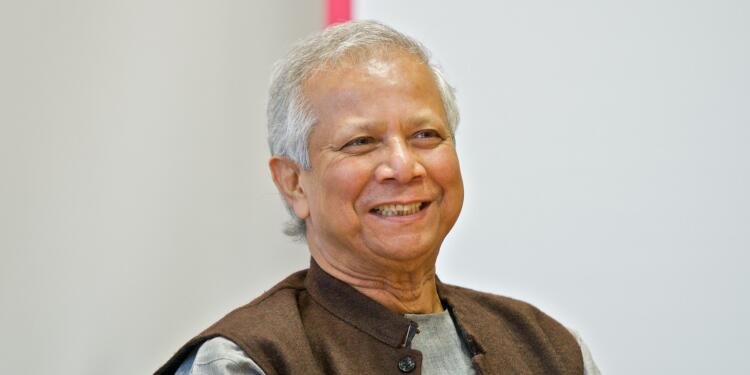The Narendra Modi government allowing Sheikh Hasina to stay in India after her ouster has caused uneasiness between Dhaka and New Delhi.
It’s quite evident with Bangladesh banning the export of Padma Hilsa or “ilish” fish to India weeks before Durga Puja.
Hasina, whose government fell after weeks-long students’ protest on August 5, continues to stay in India as the countries that she sought asylum from refused to grant permission on various grounds.
Banning Hilsa is something that goes against a long-standing tradition between the countries. The fish is essential to Bengali cuisine loved by all during the festive season. The lack of supply of the fish is bound to increase prices of the fish.
Earlier, Bangladesh had reportedly banned Hilsa exports from 2012-2020 due to low supply and high prices, but had made exceptions for India.
Farida Akhtar, advisor to the Bangladesh ministry of fisheries and livestock, told media a few days ago that the government imposed the ban to ensure sufficient supply for local consumers.
Bangladesh, a highly strategic partner and a close ally, is very important to India’s border security, particularly in the north-eastern states. The two neighbors share a porous border over four thousand kilometers.
The dynamics between the two countries have evolved significantly over the years, and the recent developments have brought up new complexities.
Meanwhile, the interim government of Bangladesh is preparing to send a formal request to Modi to extradite Hasina for trial.


























